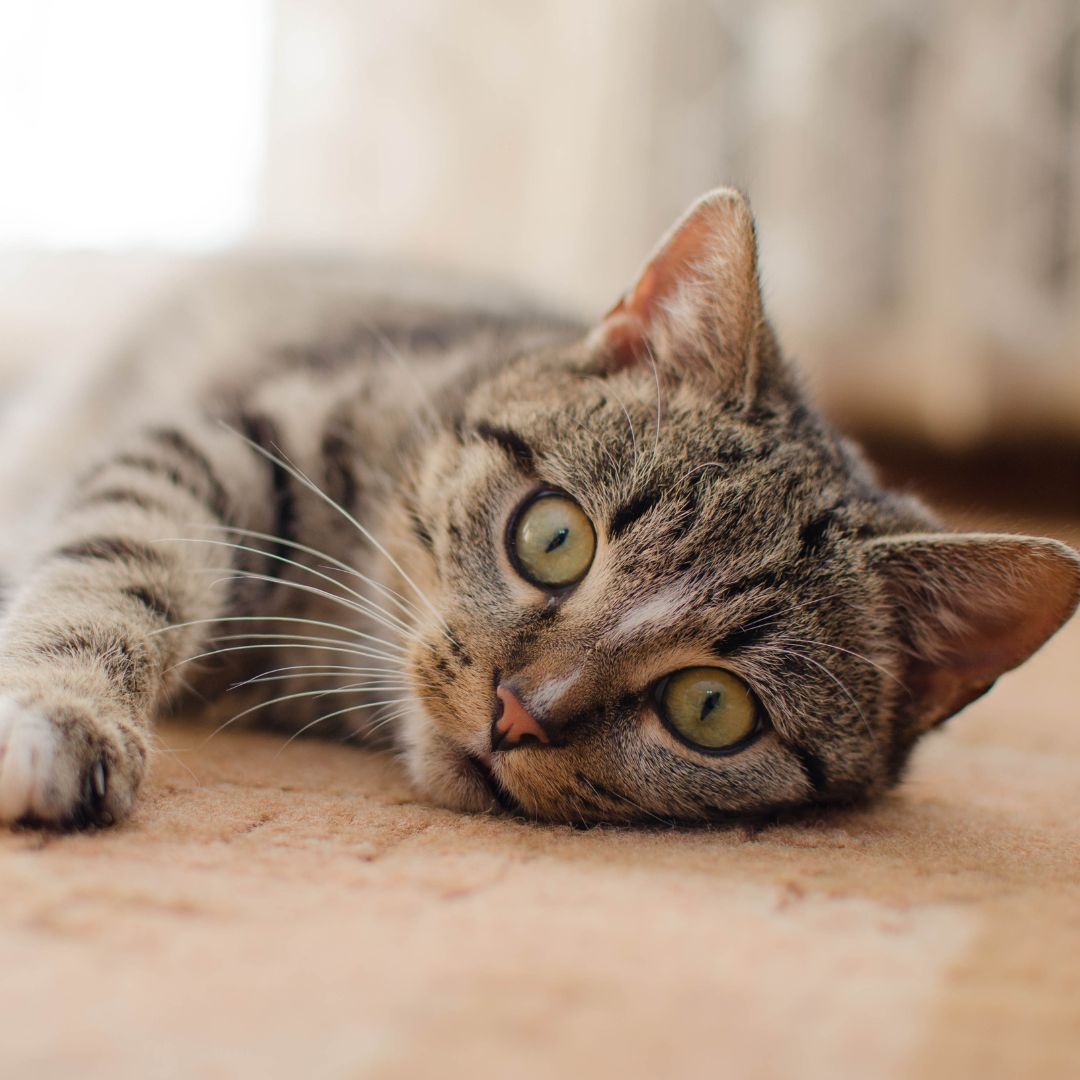
Why Do Cat Sleeps With Eyes Open?
Share
We've all witnessed our feline friends snoozing away in the most peculiar positions, sometimes even with their eyes wide open. It's hard not to be intrigued and curious about the fascinating behaviors our cats exhibit during their slumber. That's why you're here, isn't it? Let's delve into the mysteries of why cats sleep in such odd ways, including the phenomenon of sleeping with their eyes open.
Are they sleeping or not? Why are their eyes open?
Their eyes may be open but they are surely sleeping alright! Do not be surprised by this ability of theirs. Remember how we established that it is important to specify the kind of sleep our cat is in to answer our question? Well, cats may choose to sleep with their eyes open when they are in a light sleep.
1. Because they are in a light sleep
When cats enter a light sleep, they're in a relaxed state but remain vigilant to their surroundings. Even as they doze, they're keenly aware of any activity nearby. You'll notice their ears twitching and turning towards any sudden sounds or movements that pique their interest.
Sleeping with their eyes open helps your cat acclimate to their environment. Even in the safety of your home, cats retain instincts that prompt this behavior. It's a natural response rooted in their survival instincts, ensuring they stay alert to potential threats, even when they're at rest.
How do they do it?
Their inclination to sleep with their eyes open isn't just psychological; it's also deeply ingrained in their physiology. Being crepuscular creatures, their bodies are naturally adapted to this behavior. Finding a cozy spot, they effortlessly drift into slumber, sometimes opting to keep one eye or both eyes open, often with a half-lidded gaze. This dazed appearance signals their entry into a light sleep phase.
Is it bad?
Rest easy! There's no cause for concern when your cat sleeps with their eyes open. It's a perfectly natural behavior that serves as a protective mechanism against potential dangers in their environment. If you've been fretting or wondering whether it's a sign of illness, fear not! This behavior is entirely normal and nothing to worry about. In fact, you should take comfort in knowing that your cat's ability to sleep in this manner is just another testament to their adaptability and survival instincts.
Cat sleep chit-chat
We're all familiar with how cats seem to have mastered the art of sleeping. Their ability to doze off for extended periods is truly remarkable. Whether it's a series of short, light naps or long, deep sleeps, cats are experts at catching some shut-eye.
Their propensity for sleepiness is largely due to being crepuscular creatures. In simpler terms, this means they're most active during the twilight hours. It's not laziness; it's just their natural rhythm.
When it comes to their sleep states, cats typically experience two: light sleep and deep sleep. Distinguishing between the two is quite simple. In light sleep, cats are easily roused, while in deep sleep, they're much harder to wake. Cats spend the majority of their sleep time in light sleep, with only a portion in deep sleep. This is all thanks to their instinctual behavior at play.
Understanding these sleep states is crucial because it informs the answer to our question, which depends on the type of sleep our cat is experiencing.
